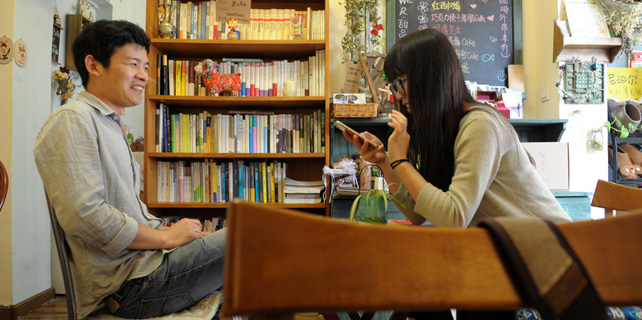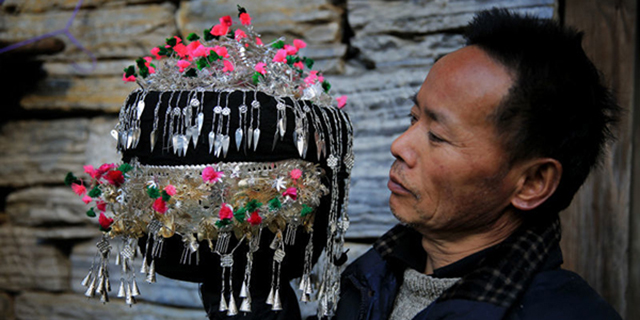Blood, sweat and tears
Spreading the word
While details about the union can be found through online searches, Xie believes that only a minority of patients actually know about the organization. Furthermore, most people aren't sure of their blood factor. Tests for blood factor are only conducted during voluntary pre-marital checkups and pregnancy examinations in big cities and when people donate their blood or need a blood transfusion.
In order to grow the pool of blood donors, the union in China has raised nearly 100,000 yuan ($14,526) for a campaign - it will be launched later this year - to encourage Chinese to undergo medical tests to determine their blood types.
"We are cooperating with two hospitals in Beijing and one in Langfang, Hebei province. We will be advertising to the public that we have 1,000 people who can perform the blood test for free," said Wang Yong, head of China Rh Union.
The union will also be working to improve the processes at blood centers so as to ensure that donated blood is used efficiently. Wang, whose full-time job is a receptionist in a scenic spot in Beijing, explained that current regulations stipulate that blood has to be used within 35 days after it is drawn from a donor. If it isn't utilized, it has to be discarded.
"When donors see that their blood is not utilized after having spent so much effort to donate it, they may become less willingly to do so the second time round," said Wang.
"Each time I see news coverage about people swarming to blood centers to donate blood after a disaster, I believe benevolence is never in shortage in the society. A better system for blood donation and management, however, is definitely needed," he added.
Dealing with dilemmas
Although the number of union members have grown over the years, Xie said that some have left after encountering incidents where they failed to save a life.
"People are very enthusiastic about helping others when they first join the union. But upon encountering failure, it's hard for some people to get back up," said Xie.
One such incident took place a few years ago. After being notified that a 7-year-old girl with leukemia was in need of Rh-negative blood, Xie immediately set out in search of a suitable donor. The person he found was on a business trip in Henan province and this individual had specially booked a flight back to Shanghai just to help. However, the girl died around the same time the donor arrived at the hospital.
"Many of the volunteers couldn't sleep that night. The person who flew back to rescue the girl even started blaming himself, saying that he should not even have gone on the business trip," said Xie.
Xie said that some union members had left because they realized how lucrative donating blood can be. While there are laws that prohibit the sale of blood in China, illegal blood collection agencies still exist. Xie said that 400 cc of rare blood can fetch up to 20,000 yuan on the black market.
The biggest challenge of the job, Xie said, is having to decide whether to organize a donation effort for someone with a low chance of survival. For instance, in May last year, the father of a 2-year-old boy who was suffering from kidney failure approached Xie to help find 3,000 cc of Rh-negative blood for the operation. As difficult as it was, Xie declined to help.
"The hospital said that there was only a very small chance of success. In order to get 3,000 cc of blood, we needed to find eight donors. These donors might be able to save eight other patients who have a much better chance of survival," said Xie.
He later found out that the parents resorted to buying blood from illegal dealers. The boy, however, did not survive the operation.
"I face overwhelming pressure in such cases from the volunteers, the patients' family and my friends. But after all these years, I've become more rational, or perhaps you can even say numb. But the truth is that we can't always provide timely help to everyone," said Xie.
zhouwenting@chinadaily.com.cn
















